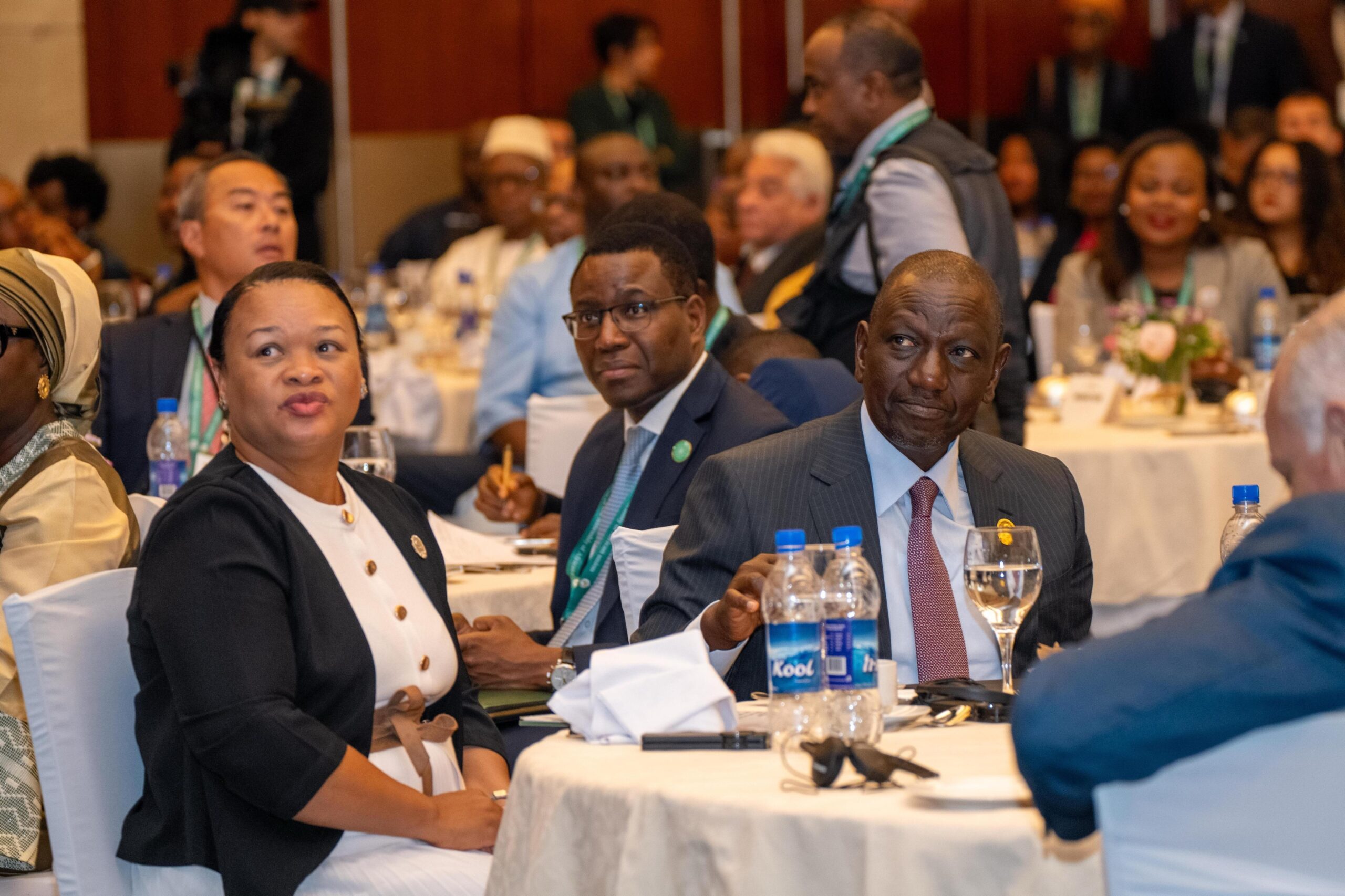
The launch of the AfCRA in 2025 is expected to become one of the greatest financial developments for the continent in recent memory. African Credit Rating Agency(AfCRA) supported by the African Union, will provide a desperately needed alternative to Western-based agencies such as Fitch, Moody’s, and S&P—agencies that have long been accused of unfair risk assessments toward African economies.
Misheck Mutize, lead expert on credit-rating policy at the African Peer Review Mechanism (under the AU), confirmed that AfCRA is in the process of finalizing the appointment of a CEO. The agency is scheduled to be operational by the end of the third quarter, so it could cement the much-talked-about AfCRA 2025 timeline.
The need for AfCRA became very pressing following Fitch’s controversial downgrade of the African Export-Import Bank (Afreximbank) to BBB–. The Institute responded by describing the decision as “fundamentally erroneous.” Analysts contend that these ratings serve to shackle Africa’s ability to access to affordable finance and reinforce global investment biases.
During a February meeting held alongside the 37th AU Ordinary Summit, African heads of state and economic policymakers formally agreed on the establishment of AfCRA. They cited growing dissatisfaction with the methodologies and impact of international credit assessments, which often ignore local economic resilience and progress.
AfCRA is designed to deliver transparent, fair, and development-focused credit ratings, tailored specifically to reflect the economic and socio-political dynamics unique to African countries. This shift could be transformative, offering a credit evaluation model that better supports regional growth ambitions.
The price tag of poor credit ratings is already very visible and unpalatable. IMF data shows that in 2006, countries such as Angola (5.4%), Kenya (5.0%), and South Africa (5.0%) paid considerable shares of GDP in interest payments. Others, such as Ghana, Uganda, and Senegal, are also places in heavy strain, paying over 3 percent of GDP for debt service, and these costs are often made worse by perceived risk as assigned by international agencies.
In that vein, the AfCRA’s principal focus would be on local-currency debt ratings to help develop domestic capital markets across the continent-a facility much needed as African countries try to lessen the onus of foreign-denominated debt, which usually carries harsher repayment terms.
Mutize emphasized that AfCRA would remain independent, with no government ownership for objectivity. Rather, it would be kept neutral with the African private sector having the majority of shares and, therefore, having credibility. He rejected suggestions from detractors who insinuated that AfCRA would give unjustifiably high ratings to local economies.
Countries such as Ghana and Zambia have suffered the consequences of default and downgrading of ratings and have openly spoken about the damage the external assessment of risk narratives caused. Thus, AfCRA launching in 2025 offers many African leaders a rare chance to reclaim control of how their fiscal performance will be looked at.
At best, AfCRA seeks neither to inflate ratings nor to accommodate. It wants to put together more reliable assessments based on a more African context and, in doing so, nurture economic resilience with the ultimate prospects of bringing down borrowing rates both for governments and institutions across the continent.
As the AfCRA launch in 2025 nears, the financial world will be watching closely to see whether this bold initiative can reshape the global credit rating landscape—and level the playing field for African economies long misjudged by foreign metrics.
Follow us on WhatsApp, Telegram, Twitter, and Facebook, or subscribe to our weekly newsletter to ensure you don’t miss out on any future updates. Send tips to editorial@techtrendsmedia.co.ke


